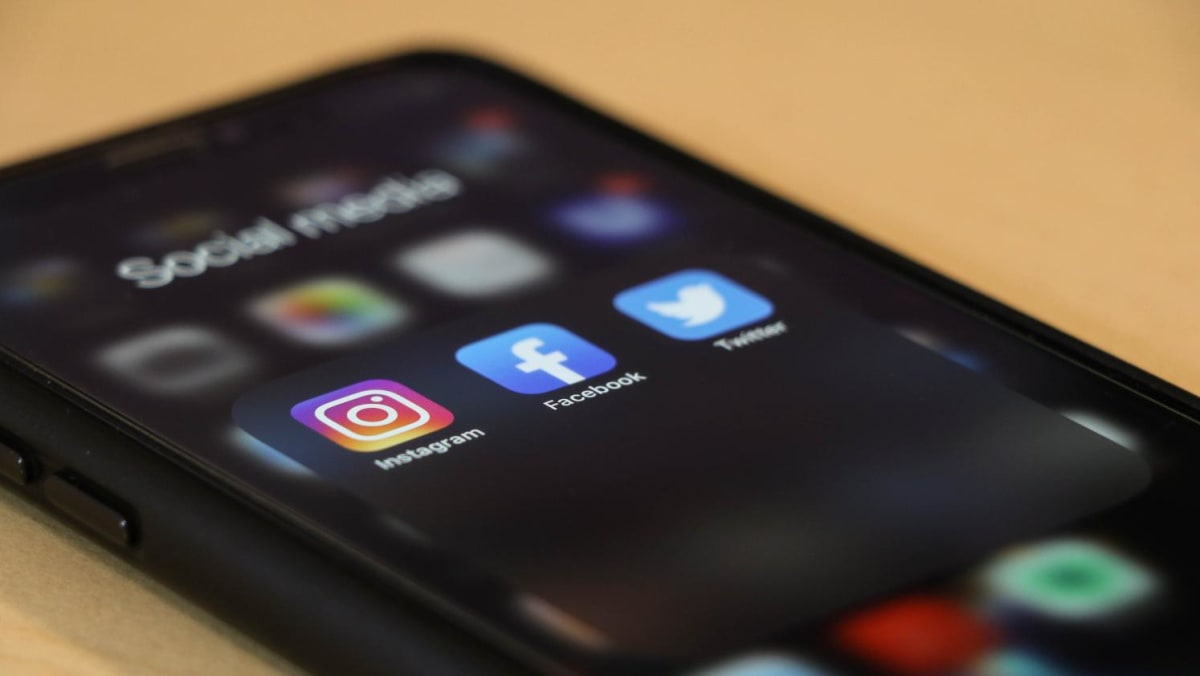Comment: Is using social media affecting your mental health? Follow these steps instead
The recent inquest into the death of British teenager Molly Russell in 2017 concluded that the 14-year-old “died of an act of self-harm while suffering from depression and the negative effects of online content”.
For some people, this decision will be confirmation of what they have long suspected or actually experienced: that being on social media can be detrimental to your mental health.
Of course, this is not always the case.
Over 50 million people in the UK are active on at least one platform. This represents more than 80% of the population, which clearly shows how social media has become an integral part of our daily lives.
Young adults are more likely than older adults to have a social media profile and to have more, on more sites and more apps.
Young people also experience more mental health problems than any other age group. Between 2017 and 2021, 52.5% of 17-23 year olds in England experienced a deterioration in their mental health.
While anecdotal and self-reported evidence linking these two things exists, research actually proving this link is limited.
Studies tend to only measure a correlation between social media use and mental health at any given time, rather than looking at effects over time, which can help us understand whether social media cause mental health problems.
The findings are also mixed. Some studies highlight the increased exposure to, for example, harm, anxiety, depression and cyberbullying that being online can bring.
Others, meanwhile, suggest that it may actually be beneficial. It can help people connect with others and access social support and information.
In our recent workshop with young adults, researchers and clinicians, we explored how social media can be used to provide mental health support and reach a wide range of young people.
We are currently exploring how to improve support for young adults seeking help for mental health issues that may be related to social media use.
The effects of social media on our mental health may depend on how we use it. Here are four tips to help you stay in control.
BE AWARE
The first thing to do is think about how, why, and how much you use social media.
Do you need it for work? To socialize? For activism? Inspiration? Do you need it to keep in touch with your family or for other social support? Do you go there for advice?
Social media platforms and many people who work there have their own agendas – and they often try to sell you things.
So, be mindful of the time and energy you spend with sellers and users and think about what they expect from you when engaging.
To gauge which uses are positive and productive and which are harmful, simply ask yourself, when does using social media help or hurt me, and why? Should I use it all the time?
Research shows that mindfulness helps us notice what’s happening in the present moment and creates space between us and our thoughts.
Being aware of your social media use can help you understand and accept how you feel and act on it.
BE ACTIVE, NOT PASSIVE
Research shows that passive social media use, such as newsfeed browsing and doomscrolling, is associated with negative outcomes.
These include social comparison, envy, and feelings of anxiety and depression.
Active use, on the other hand, such as messaging and interacting with posts, is associated with better results.
These include increased social support and a greater sense of social belonging.
Follow, share, and interact with accounts and people who provide positive content you value. Join online communities to find like-minded people and build new relationships.
Pay attention to your own social media followers and use your settings to make sure only positive people follow you.
TAKE A BREAK
Stories abound of people missing work or giving up altogether.
Although the long-term effects of quitting social media are unknown, recent research has shown that taking a week off leads to significant improvements in well-being, depression, and anxiety, especially for adults. people who are heavy or passive users of the platform in question. .
If you’re worried about your social media usage, remember that you can walk away from it. This could mean shutting down for a few hours every day, one day a week, or even an entire week.
Start small, then reassess how you feel. Apps like Hold and Offtime can also help you manage the time you spend on your phone and on social media.
TAKE CONTROL
Research has shown that leaving social media for a while is especially beneficial for those whose use leads to feelings of envy towards others on the platform.
It’s important to remember that you can take control. The app or platform is a tool. You are responsible.
Mute, unfollow, block or delete anyone or anything that bothers you. Report anything abusive or disturbing to the social media platform.
At a more granular level, use your settings to maintain this control. If, for example, the number of likes others are getting leads to corrosive negative comparisons, minimize or disable likes or restrict what you see.
Understand your privacy settings and select who can see your content and contact you. Learn how the algorithms work for different apps to understand why you might see negative content.
Above all, if you are worried about your mental health, please seek help. Make an appointment to see your GP. Get in touch with a charity. Speak to your human resources department at work or the student welfare officer at the university.
It’s always okay to ask for help – it’s, in fact, the best tool you have. THE CONVERSATION
ABOUT THE AUTHOR:
Dr Ruth Plackett is a Research Fellow in the Department of Primary Care and Population Health at University College London (UCL).


Comments are closed.